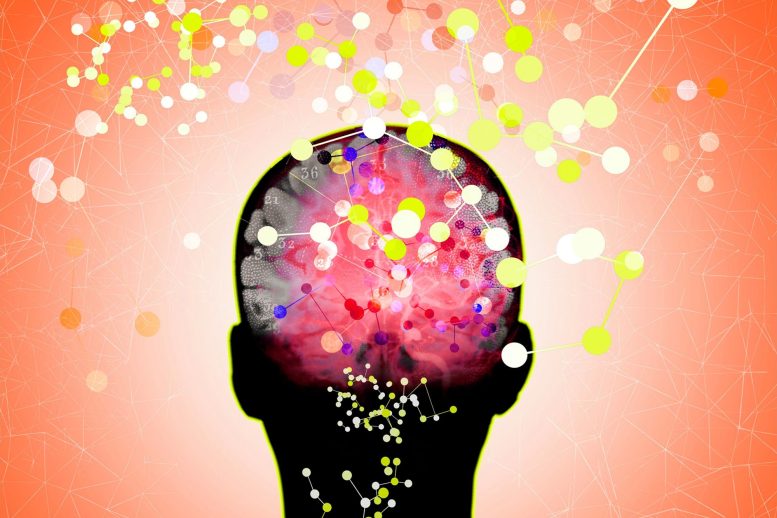
A group of neuroscientists has found brain cells that control the motivation of mice to perform tasks for rewards. When these cells are activated, mice work harder and avoid becoming addicted to rewards. The discovery could lead to new treatments for mental illnesses such as depression that affect motivation.
Neuroscientists have discovered a set of brain cells that influence the motivation of mice to perform tasks for rewards. Increasing the cells’ activity makes a mouse work harder or more vigorously. The neurons come with a feature that prevents the mouse from overdoing it and becoming addicted to the reward. The findings reveal new possible therapeutic strategies for treating mental illnesses like depression that impair motivation.
A characteristic of depression is a lack of motivation. Cold Spring Harbor Laboratory (CSHL) Professor Bo Li, in collaboration with CSHL Adjunct Professor Z. Josh Huang, discovered a group of neurons in the mouse brain that influences the animal’s motivation to perform tasks for rewards. Dialing up the activity of these neurons makes a mouse work faster or more vigorously—up to a point. These neurons have a feature that prevents the mouse from becoming addicted to the reward. The findings may point to new therapeutic strategies for treating mental illnesses like depression that affect motivation in humans.
The anterior insular cortex is a region of the brain that plays a critical role in motivation. A set of neurons that activate a gene called Fezf2(Fezf2 neurons) in this area are active when mice are doing both physical and cognitive tasks. Li and his lab hypothesized that these neurons do not affect the mouse’s ability to do the task; rather, the brain cells influence the mouse’s motivational drive.
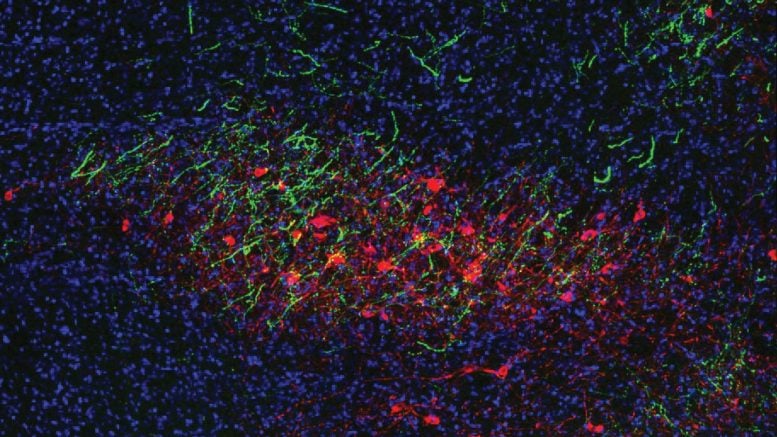
Cold Spring Harbor Laboratory Professor Bo Li discovered a cluster of neurons in the mouse brain that influence motivation. These cells activate a gene called Fezf2 and are connected to and activate other neurons, which are stained green in this image of a mouse brain. Credit: Li lab/CSHL, 2021
Mice were trained to lick a water bottle spout to receive a small sugar reward. When researchers dialed up the activity of these Fezf2 neurons, mice would lick more vigorously. If the neuron activity was dialed down, the mice would lick more slowly. The researchers saw a similar result in another experiment in which the mice ran on a wheel to receive a reward. The mice ran faster if the Fezf2 neurons were stimulated. The same effect occurred with other tasks.
Li and his team were surprised to discover a feature that prevents the mice from becoming addicted to the tasks and their rewards. When mice drank their fill of sugar water and were satiated, they would not lick or run faster to get more sugar, even if the researchers dialed up the activity of the Fezf2 neurons.

Bo Li, Professor, Ph.D., The University of British Columbia, 2003
Finding a way to fine-tune the human equivalent of these neurons might help people struggling with motivation due to mental illnesses like depression. Li says, “We want to selectively increase the motivation of the person so that they can do the things that they need to do, but we don’t want to create addictive drugs.”
Li and Huang published their findings in the journal Cell.
Reference: “A genetically defined insula-brainstem circuit selectively controls motivational vigor” by Hanfei Deng, Xiong Xiao, Tao Yang, Kimberly Ritola, Adam Hantman and
Yulong Li, 9 December 2021, Cell.
DOI: 10.1016/j.cell.2021.11.019

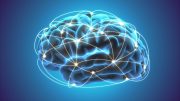

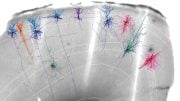
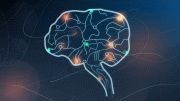



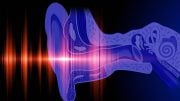
Is it possible for the mice to be addicted to the actual stimulation of neurons? So, they might not be addicted to the reward itself but may be addicted to the actual process of being motivated…
Oh, this sounds awesome from a capitalist perspective! Give your employees this drug and they’ll be addicted to working long hours! Perfect drug for late-stage neoliberal western society!
Thank you trying to destroy the world. Leave people brain chemicals alone. The reason is everyone are getting their chemicals changed by drugs that make them not want to be motivated we have to find ways to help people with depression and anxiety differently then through drugs
In as much as there’s the naive presumption that so many people oughtn’t ordinarily be depressed except by their own personal unmotivaed failures, strictly due such certain shortcomings that can be remedied somehow with the right sort of treatment, behavior modifications, yada, yada.
So you all will crash and burn for such guant, naive hypocrissy.